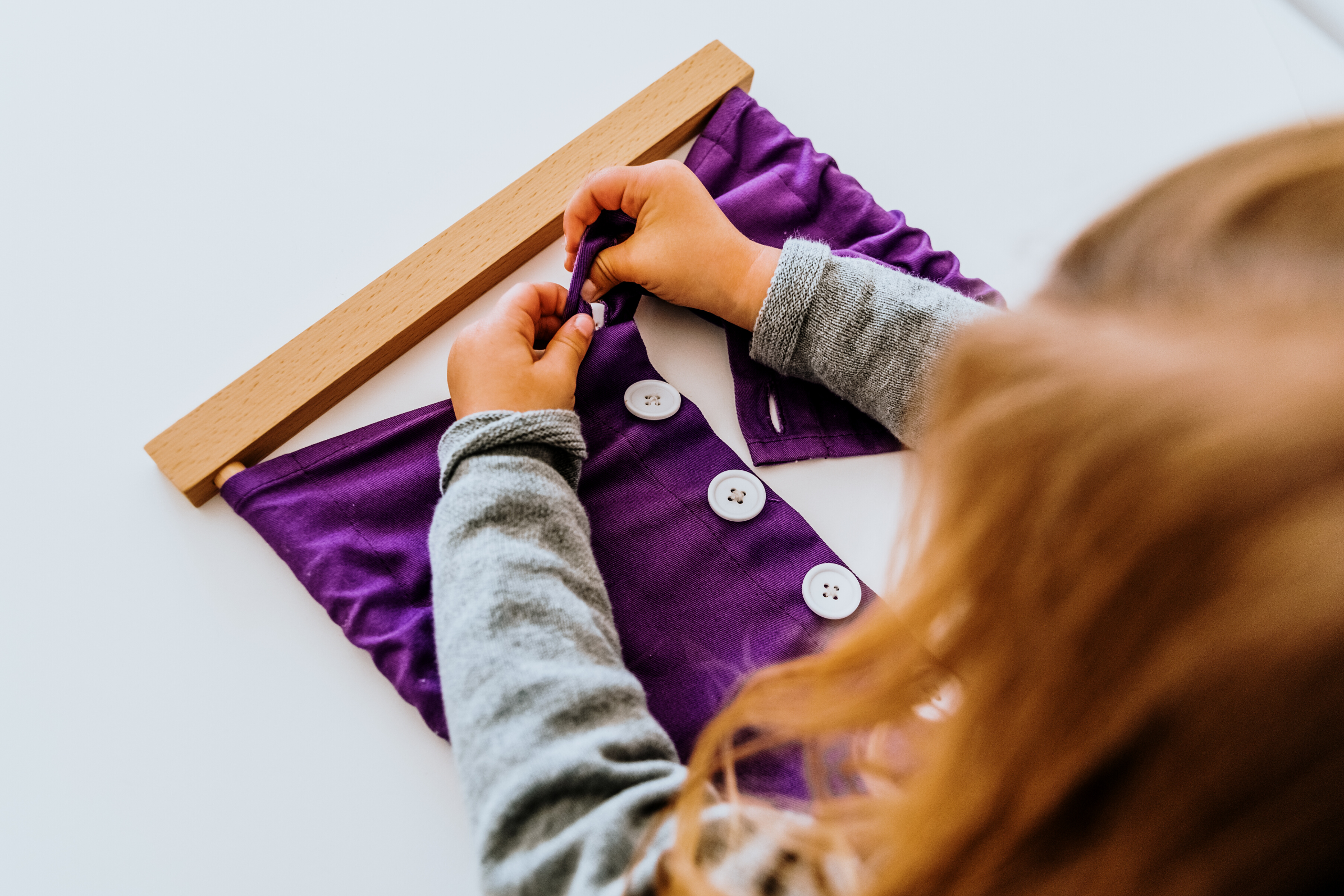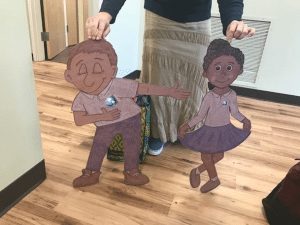Montessori is for Everyone
A century ago, Maria Montessori began the process of developing a scientific method of education that relies on brain science, with children under six years of age as the focus. After spending most of her own life trying to be taken seriously at school, Montessori was able to graduate from a mens’ only medical college. It was here that her life began to pivot toward early childhood education, being placed for work in a center where students were unable to care for themselves, were showing signs of regression in lessons they had previously been mastering and were not socializing together as peers. This is when her largest plan started to form.
Traveling over the next several decades, Montessori was able to spread her training and teachings throughout the world, weaving how important education for young children really was.
Keep in mind, this method began over 100 years ago when most children were at home with their mother and their father was working. During this pivotal time in history, Italy was facing war, causing fathers to leave work for the war, forcing women to take work, and creating a gap in childcare. Montessori believed that during this time, children needed more than letters and numbers and instead, needed practical life and grace and courtesy lessons. These children were rapidly approaching a time were their independence was required.
The first Montessori school that opened during this time hosted 50 students, all considered to have a learning disability, all living in poverty at the time. We know now, that these students likely struggled with common learning curves that modern children face today in addition to extreme shifts in their home lives. Because of this, Montessori began to create materials like dressing frames to encourage the practice of buckling shoes, zipping pants, and buttoning dresses so students could be independent in the restroom. Food preparation, gardening, and self-care lessons such as hand washing were also woven into the daily Montessori curriculum. As each child is independently presented lessons, the building blocks begin to form, growing into a strong platform and desire for learning. This created an even playing field for each child that entered her classroom, giving them time to learn new concepts, on their own, with materials that will increase the muscular memory of a concept rather than just memorizing it and hoping it is remembered again, later on.
Montessori education is truly for every child because the environment is created to foster independence, encourage concentration, develop organizational skills, and build coordination in the fine and gross motor muscles. Because the environment and teacher are so prepared, any child, along any point in life, can enter the Montessori environment and experience freedom and independence.


